26.04.2024
Ukrainian nuclear scientists were applauded, foreign colleagues called them heroes
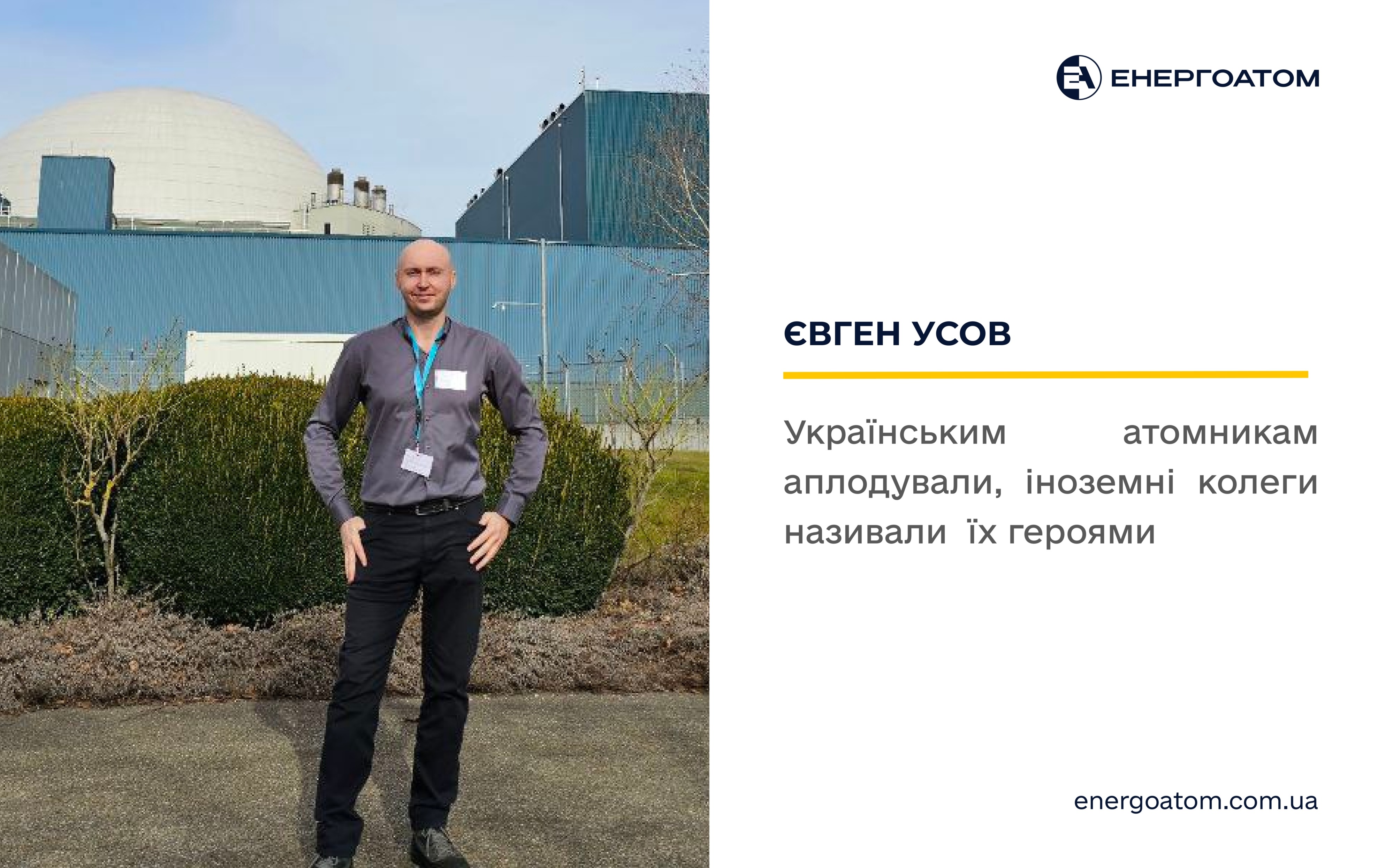
The industry training and development programs are an integral part of Energoatom's cooperation with the Paris Center of the World Association of Nuclear Power Plant Operators (WANO PC). During the two years of NNEGC membership as part of the Central Com
This year, Ukrainian nuclear employees have already participated in several workshops of the Paris Center. Among them is Yevhen Usov, Senior Unit Operator, Zaporizhzhia NPP, who believes that such familiarity with international operating experience is extremely important for the personnel of nuclear plants.
It is worth to emphasize that Energoatom is engaged in proficiency maintaining for operational licensed personnel of the Zaporizhzhia NPP, who are currently unable to work at their workplaces. For this purpose training is organized on simulators of other Ukrainian nuclear power plants. And thanks to cooperation with the WANO Paris Center, the Zaporizhzhia nuclear employees, like their colleagues from other NPPs, have the opportunity to participate in international trainings and workshops.
Yevhen Usov is a licensed operational specialist who continued to work for almost a year at Unit 6 of the ZNNP seized by russian occupiers. He believed that, despite the danger, he should perform his professional duties together with his colleagues. In those conditions, the Zaporizhzhia nuclear employees, on whom the safety of the power units depended, held on as long as they could until the occupiers blocked their access to the plant.
Yevhen, tell us about that training organized by the WANO Paris Center: how did you get to it, what interested you, and did your expectations come true?
Our Company offered me to participate in that workshop. I was interested in the topic and the opportunity to be acquainted with the experience of European plants. In addition, it was the practice of the English language. It was a certain challenge for me to gain such experience. In general, the expectations were met. In three days, we received a lot of valuable information about the world's best practices, tools, and approaches.
The format of the workshop involves the activity of the participants. How did you prepare?
I had half a year to prepare. I improved my English, studied vocabulary, read technical literature. By the way, I read everything! Because I did not know what exactly I would need. Now I already know what to focus on.
What was the composition of the participants, which countries did they represent?
There were two of us from Ukraine: Mykola Odiychuk, KhNPP Reactor Head, and myself. And our colleagues from other countries – Switzerland, Great Britain, France, Belgium, Sweden, Slovakia, the Netherlands, Finland, Hungary. In total, more than 30 specialists. Most of them were from Switzerland, because the workshop was held there.
Regarding communication with colleagues: what interested you the most, what impressed you?
It was very useful to communicate with Herbert Meinecke, Director of the Gösgen NPP, who was with us all those three days. Extremely open, he joined the discussion, answered all our questions. Moreover, he himself offered to visit the training control panel of the Gösgen NPP, which became a gift of fate for me.
Instead, all foreign colleagues wanted to talk to us – Ukrainian specialists, to support and ask questions. What happened at the ZNPP, what is happening now? How did people hold on and how are they holding on? They were shocked by the actions of the russians and could not even imagine that the nuclear plant would be attacked and shelled from tanks. Therefore, for me, that workshop was, on the one hand, a training; on the other hand, I wanted to tell people the truth about what was happening in Ukraine, at the Zaporizhzhia NPP.
The armed seizure of the Zaporizhzhia NPP by russians and its transformation into a military base should probably be the most urgent issue in the community of global NPP operators. The world knows that the ZNPP employees courageously performed their duties, took care of nuclear safety under shelling, under the muzzle of assault rifles, in conditions of constant danger to their own lives. So, did you feel the solidarity of European nuclear workers with Ukrainian ones?
During the introductions, European colleagues applauded the Ukrainian delegation. That was how they expressed their support in difficult time for us. They welcomed us, Ukrainians, who resisted and continued fighting. Moreover, they consider the Zaporizhzhia nuclear employees to be heroes of nuclear power industry.
In private conversations with my colleagues, I talked about how I saw the attack on the plant from the windows of my apartment, while children were hiding in the corridor, and the whole town was in darkness, without lights. How we did not know if "”tomorrow” would come for us. How, as a result of shelling, the power units were shutdown in an emergency at the NPP. Moreover, how a weapon was pointed at my subordinate during his walkdown, preventing him from following the route. In addition, how later the occupiers, disregarding all safety principles, turned a peaceful power facility into a deployment site for heavy equipment, weapons, and troops.
No matter how painful it is to experience these emotions again, but the world must understand: this war is a huge and terrible crime against Ukraine. So many children were injured, so many soldiers, civilians died... I informed everyone that their support was very important to us, that Ukrainians were very grateful for that.
This is really very important, the world needs to know the truth. If we talk about training, what was the level of information delivery, the professionalism of the lecturers and trainers?
Everything was arranged at the highest level. Lecturers used all available tools: game and team forms, discussions, questions, etc. There were interactive lectures, interesting practical tasks.
The purpose of training was to improve the walkdown quality. Please explain the meaning of walkdown at the NPP: how does it happen, what is its purpose, what should exactly be checked?
Walkdown is an important component of interaction at a plant. It is possible to distinguish between equipment inspection and personnel walkdown “in field”. The last one was the topic of the workshop. The essence of such walkdown is that managers go along the same route as workers, but with more knowledge and experience, so they can see more and point it out. First of all, walkdowns are necessary to improve safety.
So what are the current requirements for NPP walkdowns?
At the workshop, the focus was given to the fact that it was much more effective when the walkdowns were more frequent, albeit shorter. So that employees “in the field” were not scared when the manager came, but get used to that. By the way, a colleague from Great Britain, who made more than 70 visits to various nuclear power plants for missions, shared: wherever he was, people were afraid of walkdown. It should not be like that. The manager should point out both the minuses and the pluses, and encourage the employee to improve.
How do you see this job now, after training?
The training inspired me to improve my approach to walkdown. It is very important to work as a single team. This will increase the level of plant safety, which is the main thing. A lot of attention was paid to safety at the ZNPP, which helped us in difficult situations during the seizure and occupation of the plant.
The training took place at the Gösgen NPP. Where did you manage to visit?
The Gösgen NPP has been operating since 1979 and has one unit with a capacity of 1,060 MW. My first impression: the plant is located very close to the town, has the same name and harmoniously fits into its landscape. On the street in front of the plant, there are a mockup of a turbine, some caricatures, a lawn. Nevertheless, when I got to the training main control panel, it was so important for me – to see my own, familiar, very close to where I worked. Moreover, any operative employee is very interested in what type of control panel is at another plant.
Perhaps, did you fell the desire to immerse yourself in power unit operation?
Moreover, we just ran there! One employee from Great Britain, one specialist from France, two employees from Finland and myself. After all, they gave us 15 minutes for everything. The unit control panel is very similar to ours. I found a workplace there, similar to mine. I revised the instructions – emergency, normal operation, and realized that they contained the same steps as ours. Of course, the desire to immerse into work flared up.
Do you have a desire to continue participating in such events?
Of course, yes. The WANO PC conducts many workshops of this type. I believe that the participation of Ukrainian specialists in similar events should be regular. Moreover, there should be more specialists from Ukraine. After all, it allows you to get more information from the experience of those nuclear power plants that are top in the world in terms of safety. I think that safety at our NPPs is also at a high level, we do a lot for this, so I am sure that our European colleagues will also be interested in our experience. A separate issue is the experience of the Zaporizhzhia nuclear employees, which no one else in the world has. Therefore, it is very important for Energoatom to go hand in hand with such a strong partner as the Paris Center and to deepen the partnership.
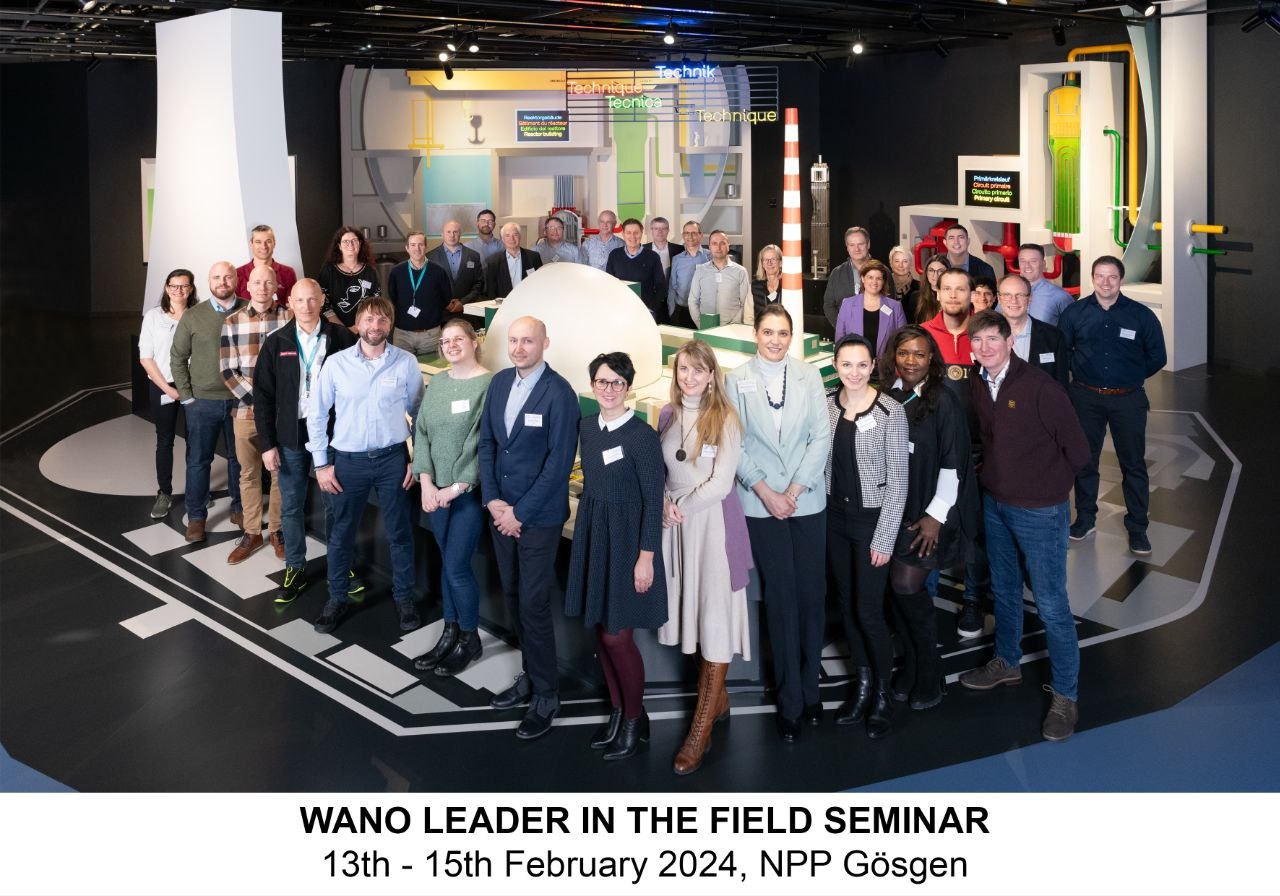
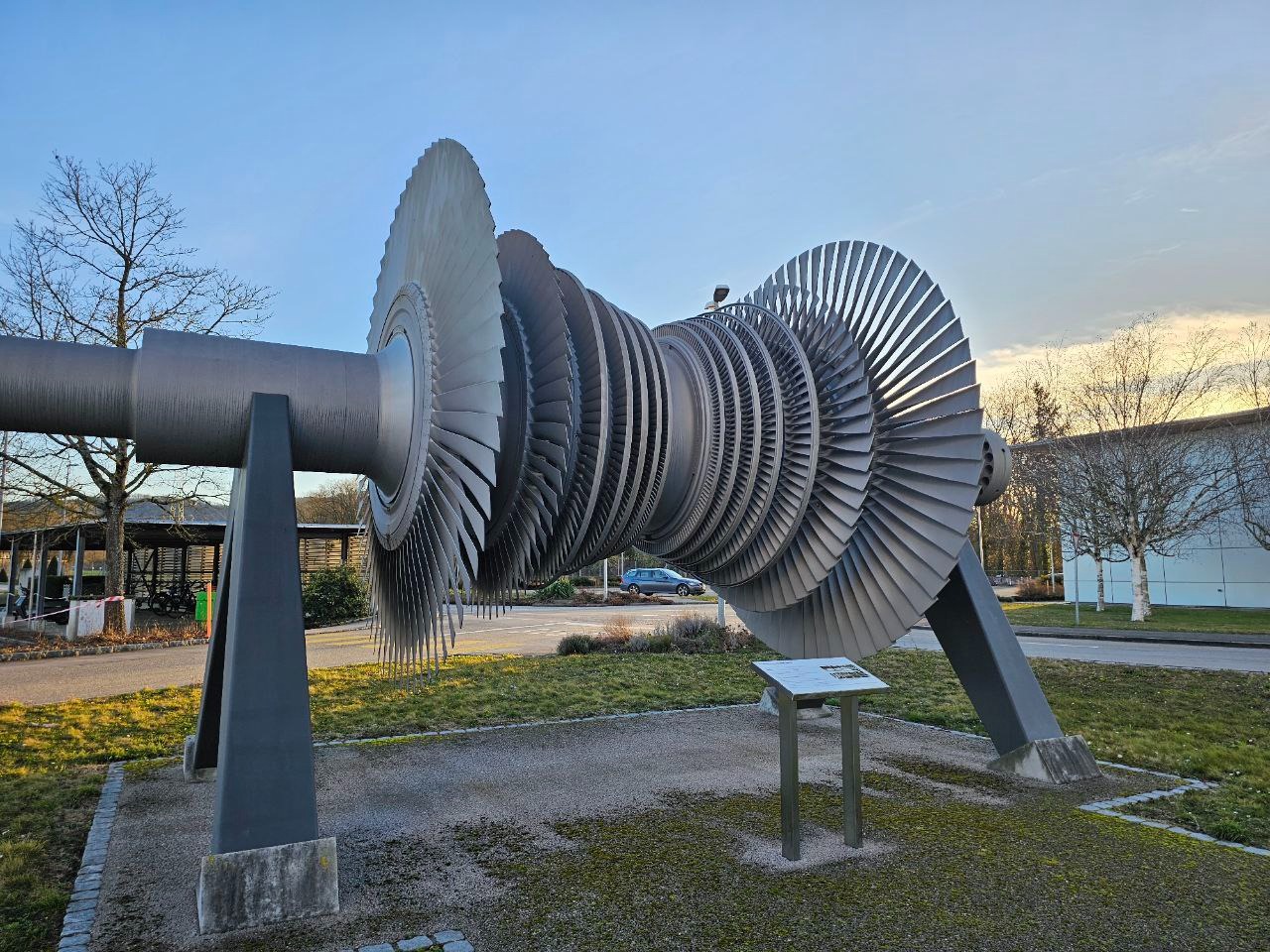
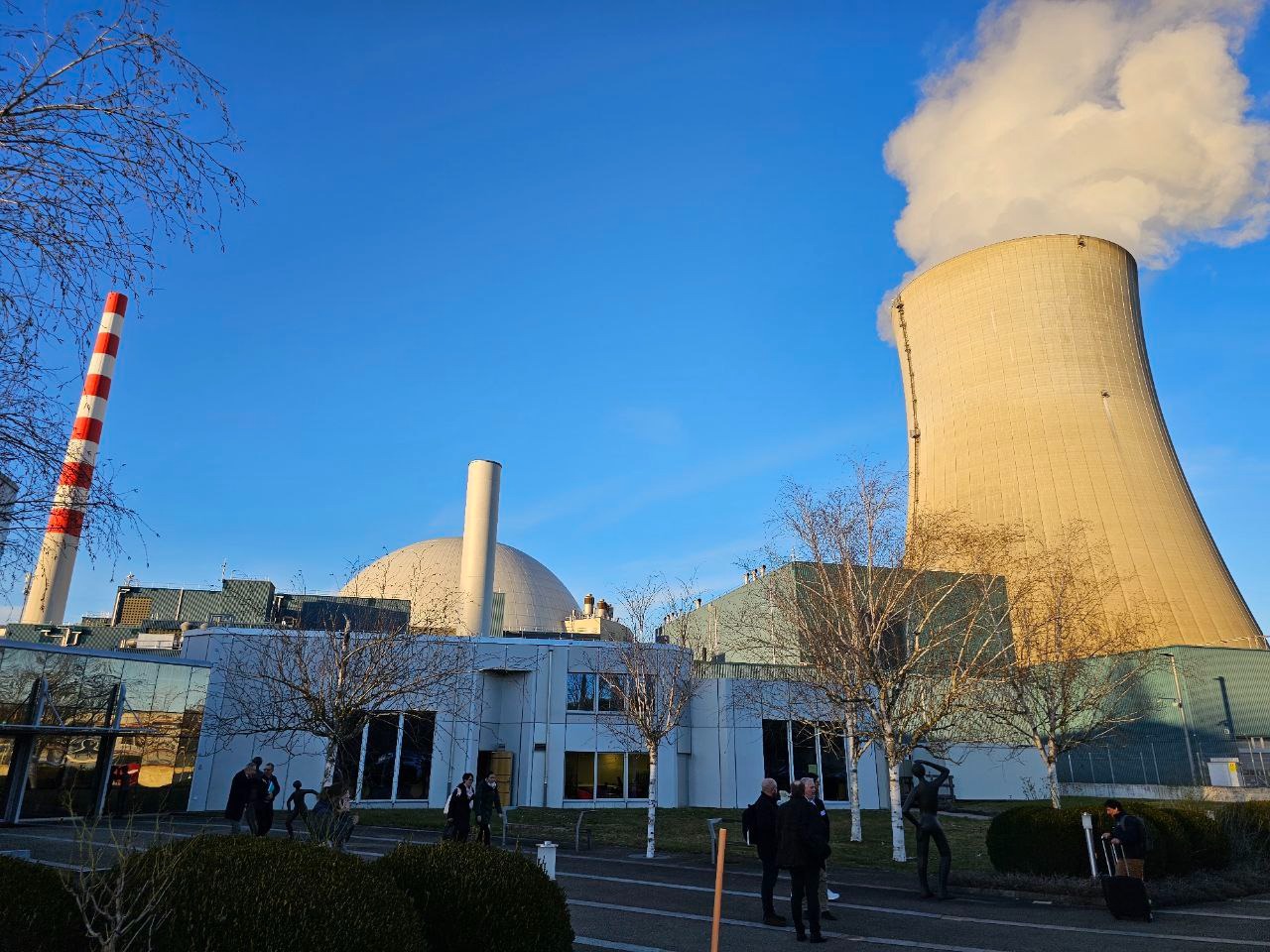
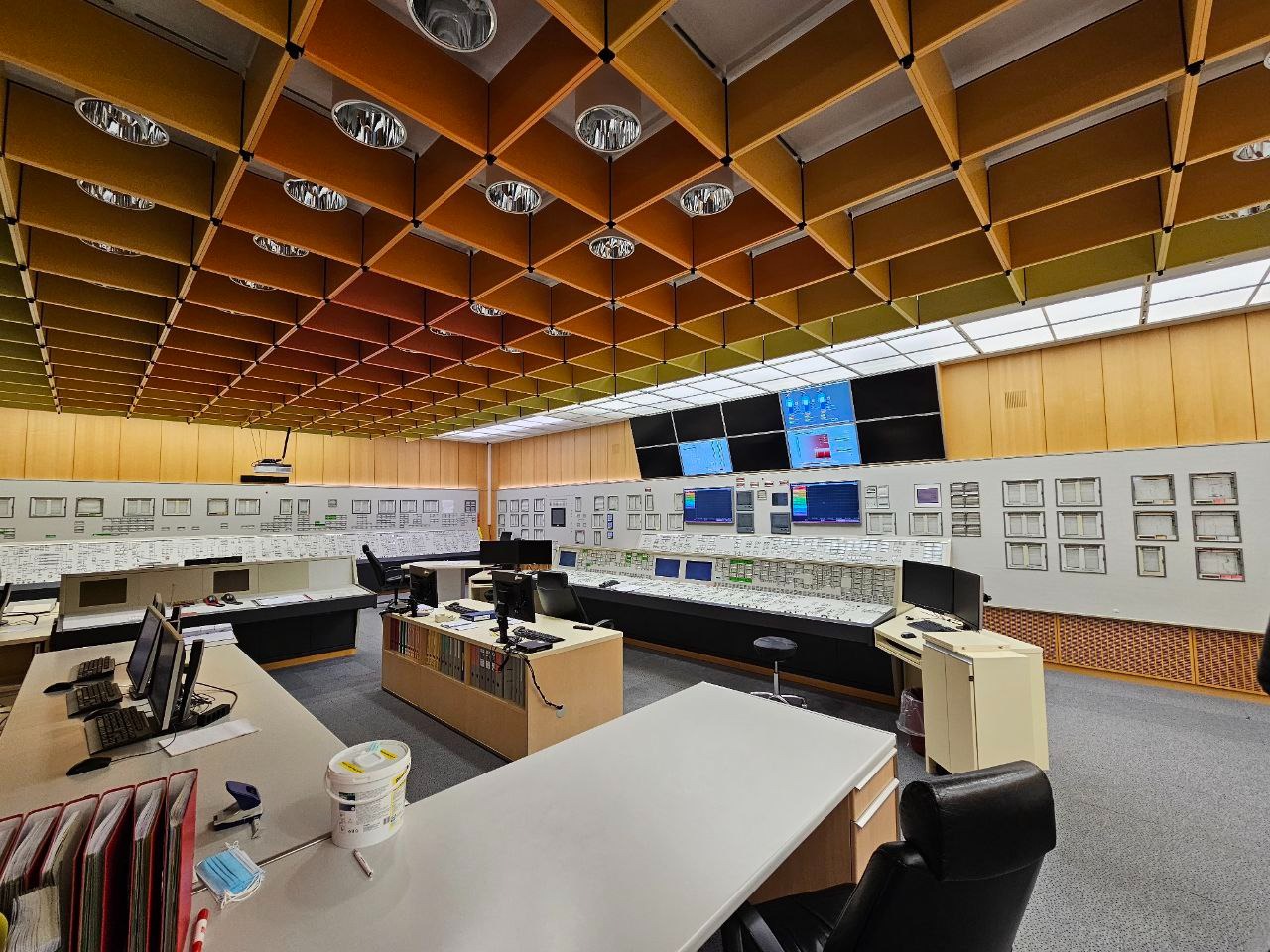
MORE NEWS

Oksana Kazymyrska: the Rivne NPP, international projects, WANO Paris Center
28.06.2024
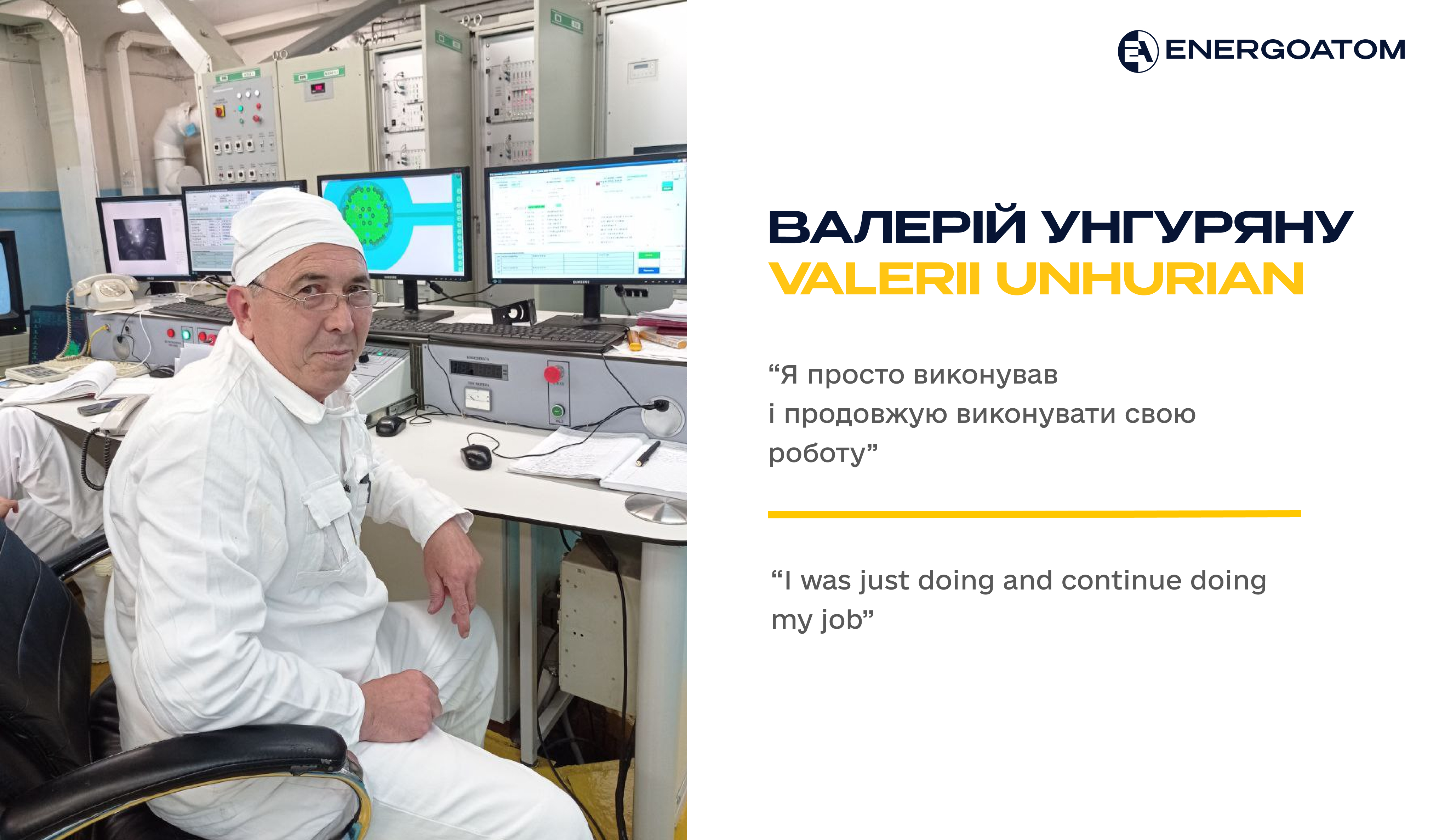
The story of Valerii Unhurian, operator of the refueling machine of the South Ukraine NPP Unit 3
31.05.2024
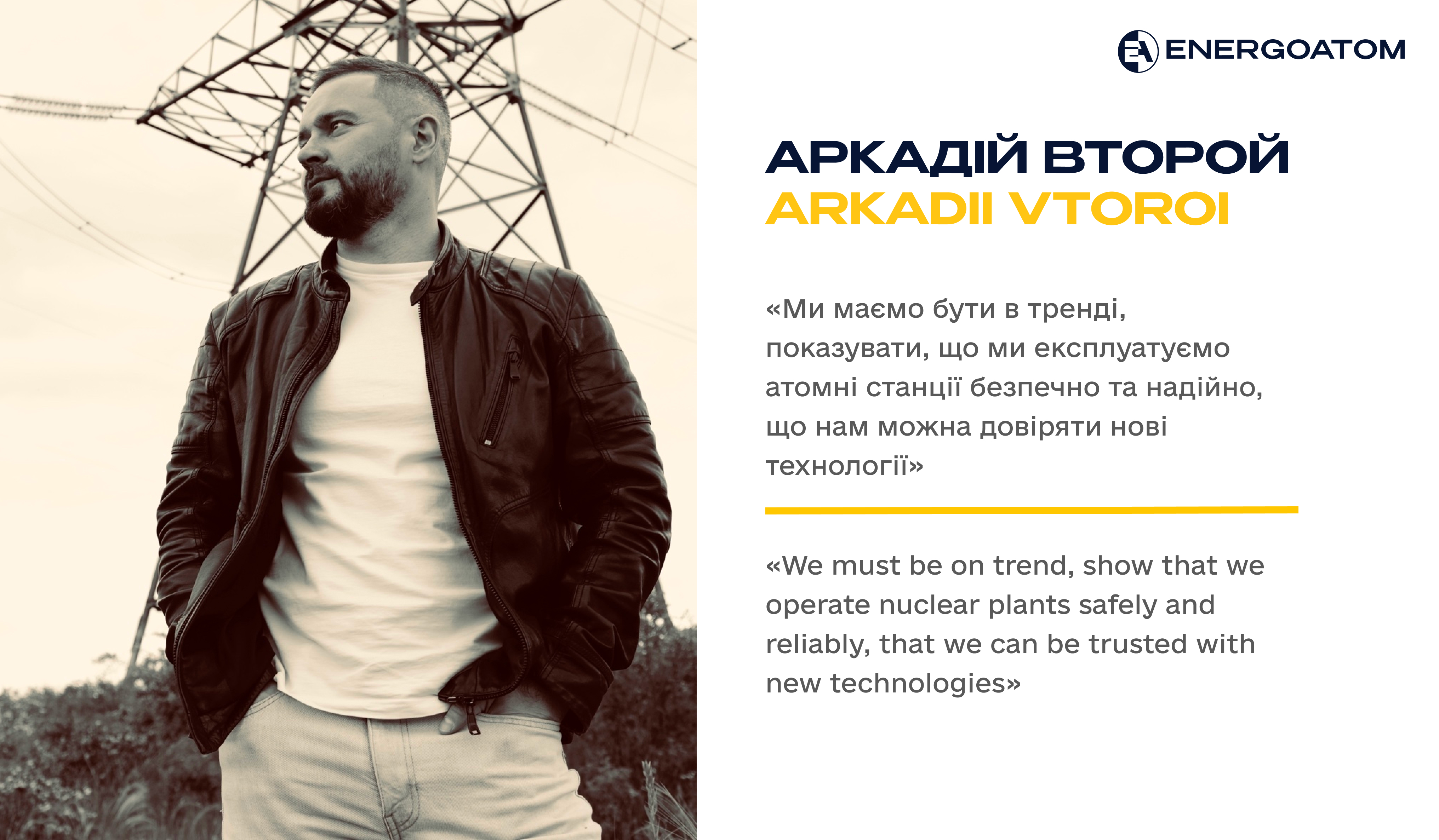
Arkadii Vtoroi: professional journey from the SUNPP to the WANO Paris Center
14.05.2024
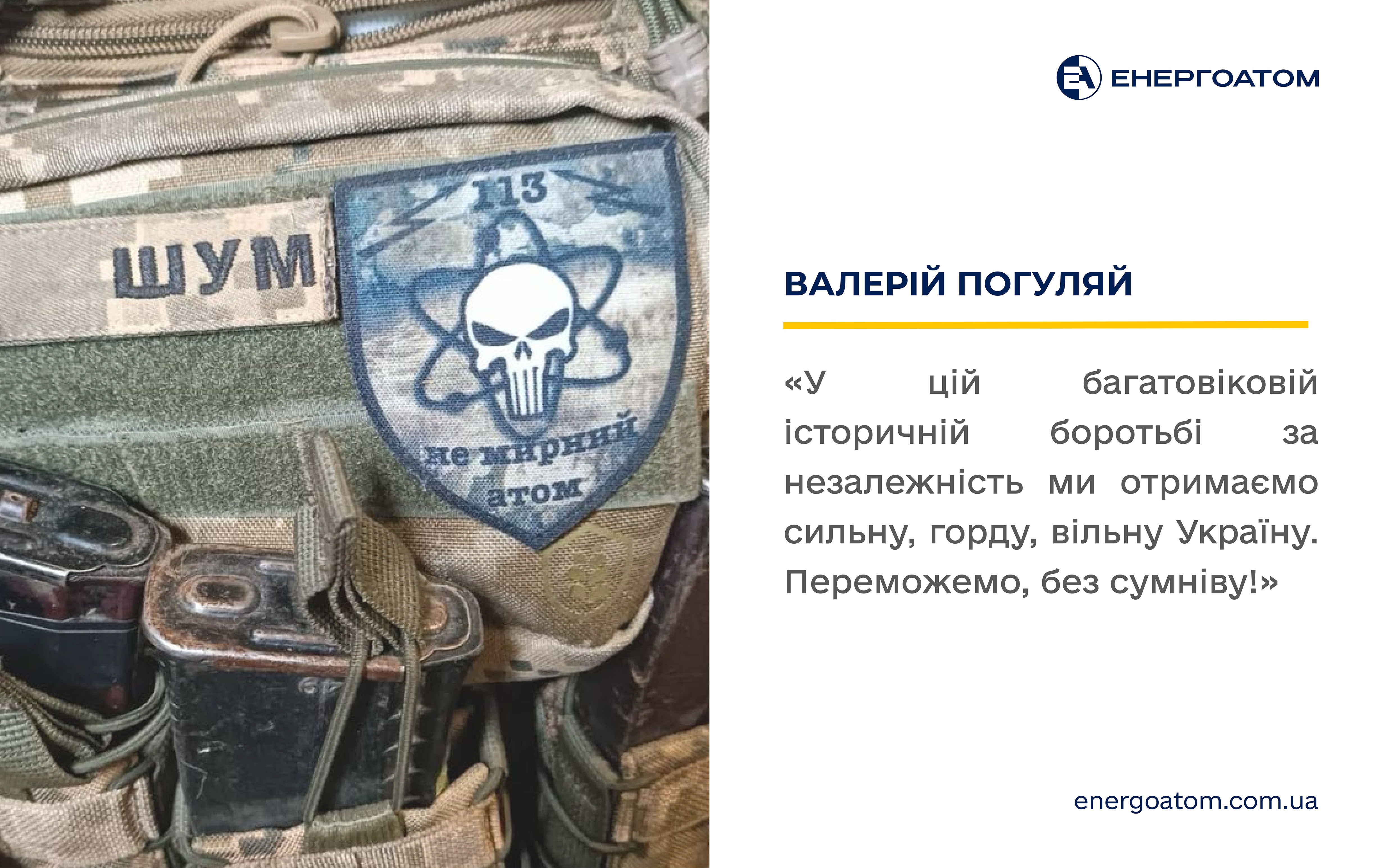
Valerii Pohuliai, employee of the Zaporizhzhya NPP: “In this centuries-old historic fight for independence, we will get a strong, proud, free Ukraine. We will win, for certain!”
04.05.2024


 UA
UA





